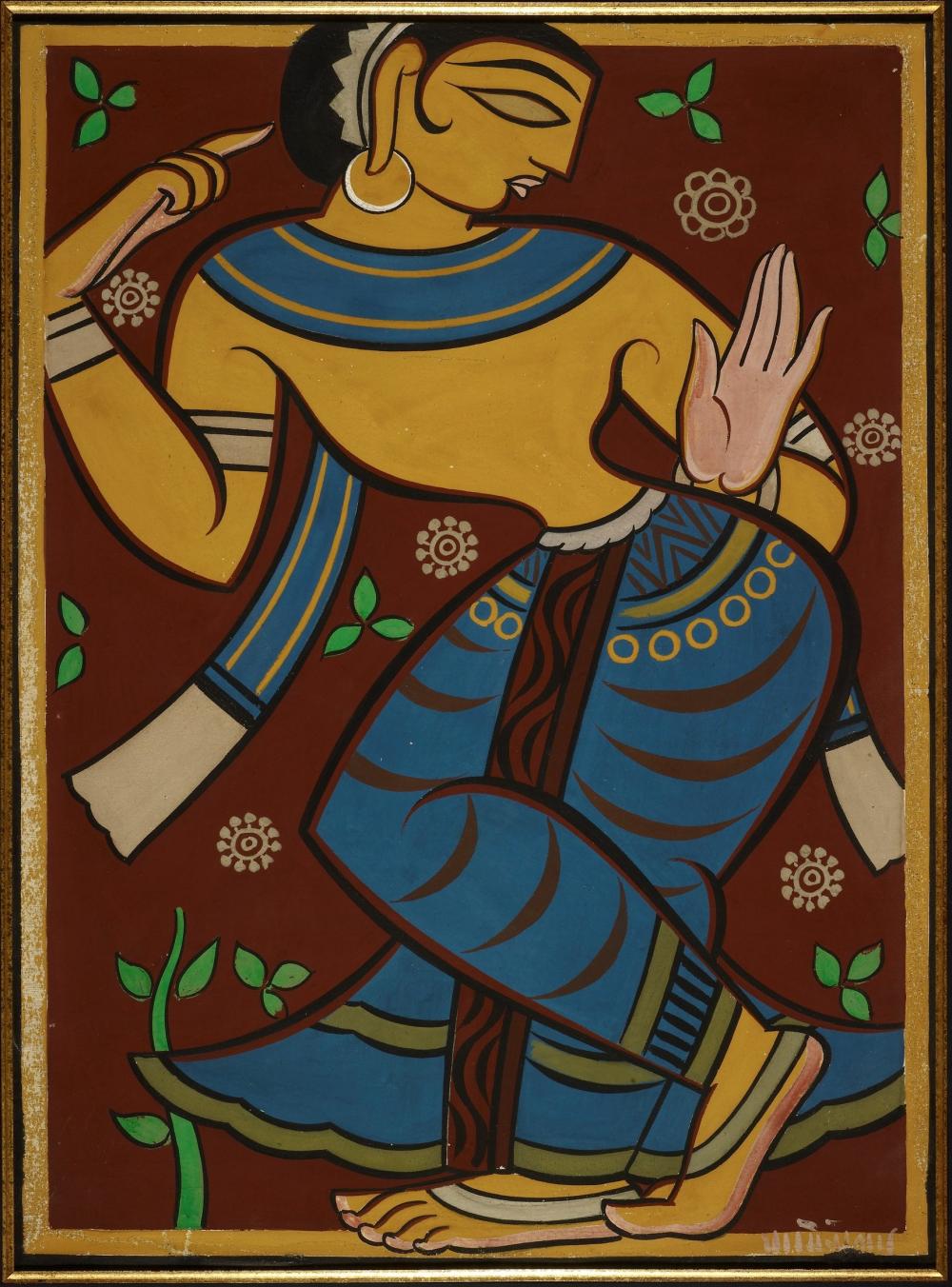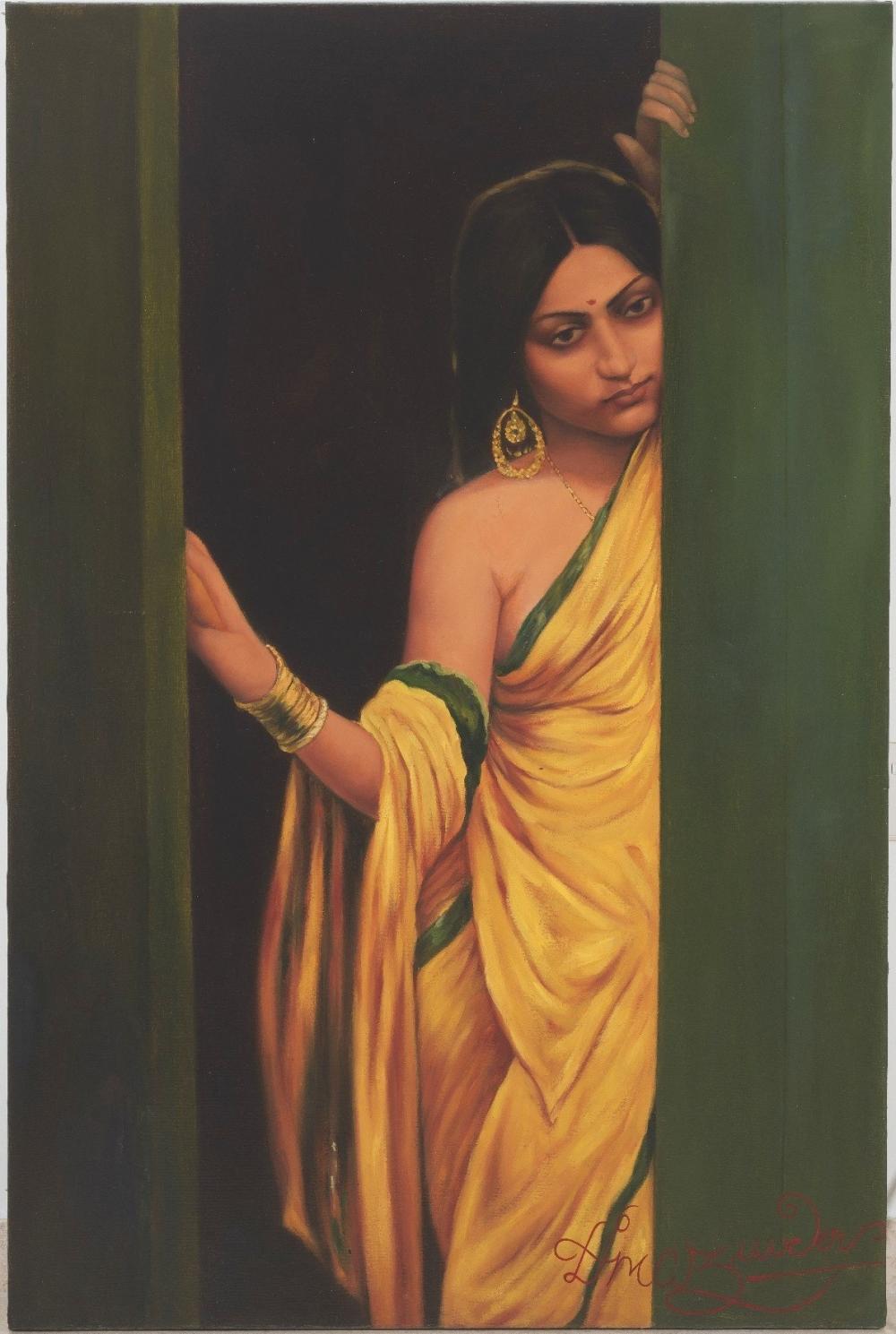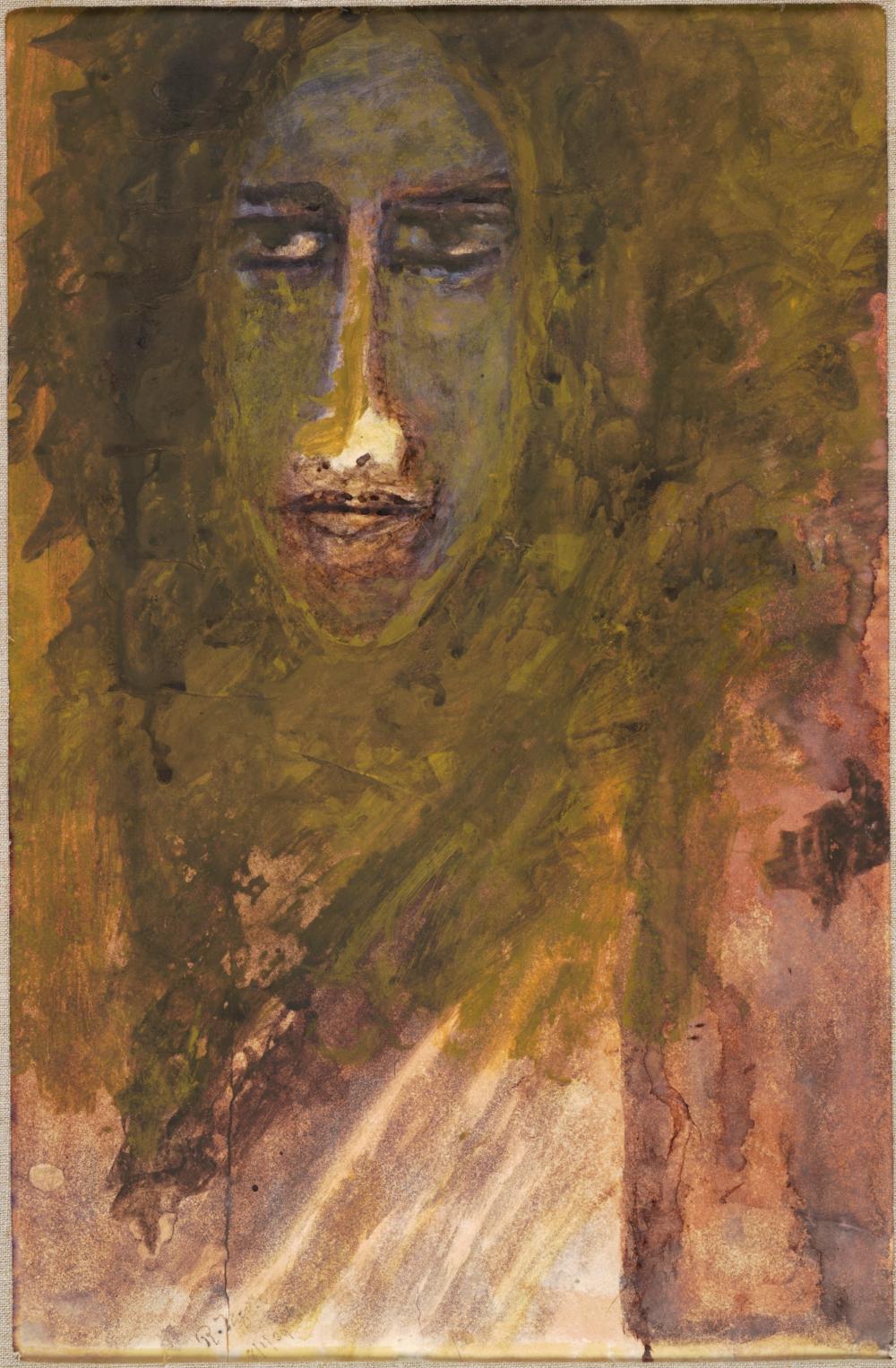
Painting Freedom: Indian modernism and its rebels

Key information
- Date
- to
- Venue
- SOAS Gallery
- Room
- SOAS Gallery exhibition space
- Event type
- Exhibition & Event highlights
About this event
This exhibition presents the emergence of Indian modern art as a quest for cultural independence, exploring this through the work of the artists Jamini Roy, Rabindranath Tagore and Hemen Mazumdar, as well as a number of their contemporaries.
The emergence of Indian modern art as a quest for cultural independence. Yet, the three most successful of the artists of that time (Hemen Mazumdar, Jamini Roy, and Rabindranath Tagore), and whose appeal endures even today, each rejected in his own way an explicit call to rediscover the Indian art of centuries, and instead fashioned their own path that chose a universal language of art, borrowing from western academic art, Indian folk traditions, and the then contemporary expressionism.
There is a special relationship between the identities of ‘modern’ and ‘Indian’ which is uniquely tied to the historical moment
The exhibition hopes to demonstrate the observation of Howard Hodgkin: “There is a special relationship between the identities of ‘modern’ and ‘Indian’ which is uniquely tied to the historical moment.”
The Government College of Art in Calcutta was “established by a benevolent government for the purpose of revealing to the Indians the superiority of European art” in the second half of the 19th century. At the dawn of the 20th century, Indian artists at the college started questioning “what is modern Indian art?”
Academic art, introduced by the British Raj, was challenged by the nationalist art movement, the Bengal School of painting, led by Abanindranath Tagore (1871-1951) and his disciples who dominated the art scene in the first decades of the twentieth century.
In the 1920s, Indian art gained further complexity in a triangular standoff between the orientalists of the Bengal School (Abanindranath Tagore, Gaganendrnath Tagore, Sunayani Devi, Nandalal Bose), the academic artists (Hemendranath Mazumdar, Atul Bose) and the avant-garde artists (Rabindranath Tagore, Jamini Roy).
This exhibition is curated by Dr Caterina Corni and Dr Crispin Branfoot (SOAS).





